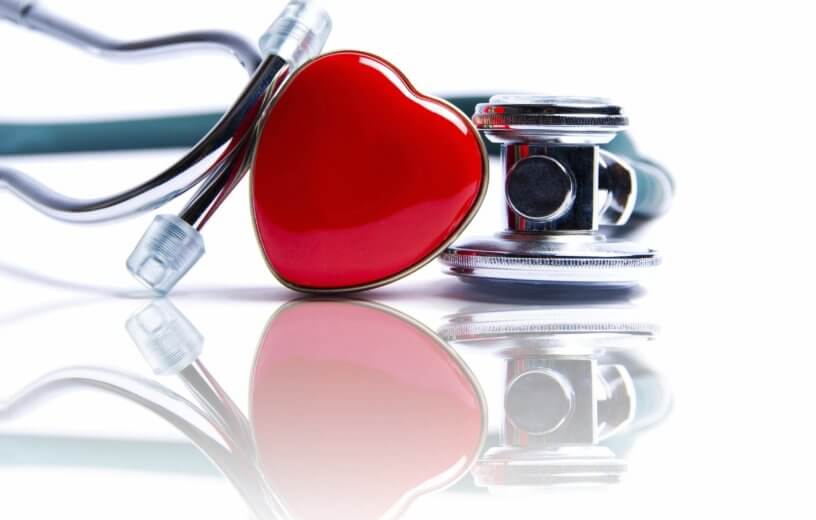CHAPEL HILL, N.C. — Donald Trump’s contentious 2016 presidential election victory over Hillary Clinton may have done more than rile the emotions of voters on both sides of the aisle. According to new research, abnormal heart rhythms almost doubled after the election among vulnerable patients.
The figure is based on people in the U.S. with implanted cardiac devices. It backs evidence of a medical phenomenon dubbed “sociopolitical stress.” Rates of arrhythmias, in which the heart beats too fast, too slow or irregularly, rose 77 percent. And atrial arrhythmias, an abnormal heart rhythm that begins in the heart’s upper chambers, went up 82 per cent.
There was also a 60 percent increase in potentially life-threatening ventricular arrhythmias involving the heart’s lower chambers. This can lead to a cardiac arrest.
“We also found a higher burden of atrial fibrillation (AFib), an irregular and often rapid heart rate, meaning patients spent more time per day in AFib during the election,” says lead author Dr. Lindsey Rosman, a cardiologist at the University of North Carolina, in a statement. “This is important because it can increase the risk of blood clots, stroke and other heart-related complications.”
Her team examined incidence of cardiac arrhythmias in 2,436 adults with implanted defibrillators or pacemakers capable of remote monitoring. They analyzed data during a six-week span from two weeks before and four weeks after the November 2016 election.
This was compared with a control period from June to July of 2016 before both political parties’ nominating conventions.
Heart problems from elections affect people from all parties
There were 2,592 and 1,533 arrhythmic events, respectively. The patients lived in the key battleground state of North Carolina won by Trump. The spike was not associated with people’s age, sex, race/ethnicity, type of cardiac device, high blood pressure, coronary artery disease, heart failure — or party affiliation.
“We were surprised we did not observe a higher incidence of arrhythmia among individuals who voted for the losing candidate, who was a Democrat in the 2016 presidential election,” says Rosman. “Nor did we see more arrhythmia among those who may have felt socially or ideologically disconnected from their community, such as a Democrat living in a county that voted for the Republican candidate who won the election, or a Republican in a county that voted for the Democratic candidate who lost the election.”
It offers health care professionals the opportunity to anticipate and assist patients in effectively managing stress linked to elections.
“Attention to mental health issues including stress is an important part of routine clinical care for patients with heart disease and for the general population,” adds Rosman. “Being more aware of the potential stress of a presidential election could be helpful for many people.”
The researchers are now conducting a national study surrounding the 2020 election.
Another study of more than 3,500 US citizens presented at the same conference also found blood pressure rose among some populations during the six months prior to the 2016 election. But the phenomenon only applied to Mexican-Americans and non-Hispanic Black Americans who had already been diagnosed with hypertension.
No significant increases in blood pressure were observed in any racial or ethnic group that did not have previously existing hypertension.
“We were surprised to find blood pressure significantly increased among non-Hispanic Black adults and Mexican American adults who already had recorded high blood pressures, while no significant increases were observed in any group that did not have hypertension before the study period,” says lead author Dr Andrew Hwang, of High Point University in North Carolina. “We had expected to see some changes among those who did not have high blood pressure before the election. However, it appears that existing hypertension may have a large influence on blood pressure fluctuations related to stress.”
The results suggest patients with high blood pressure may be at higher risk from election stress.
“Close monitoring and follow-up with a primary care professional may be necessary to ensure blood pressure is managed during the election season,” says Hwang.
Last year, a study found heart attacks and strokes soared by 62 per cent in California during the two days after President Donald Trump was elected.
SWNS writer Mark Waghorn contributed to this report.
